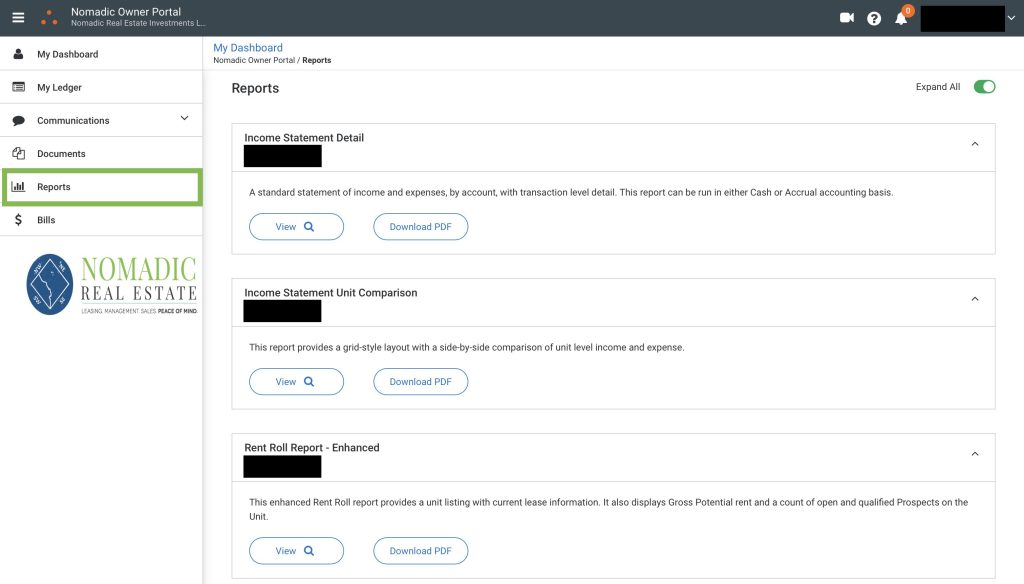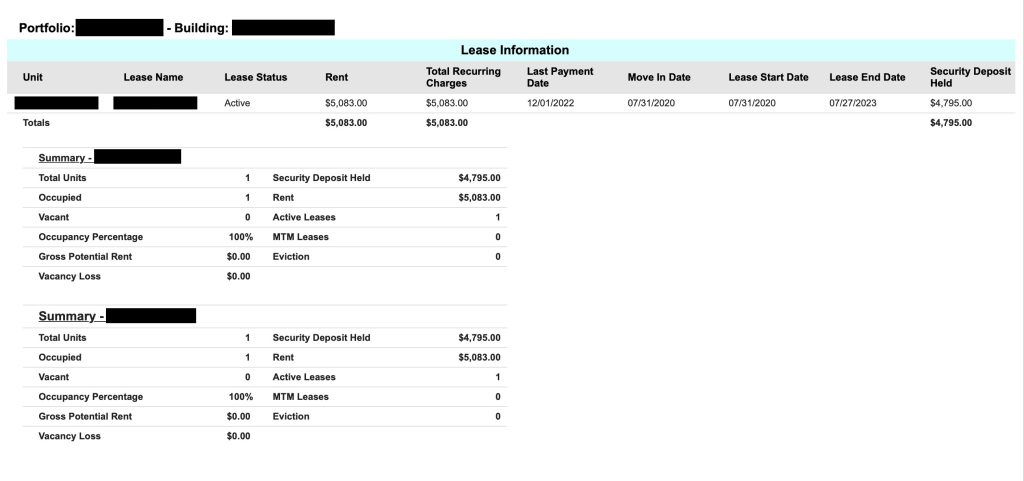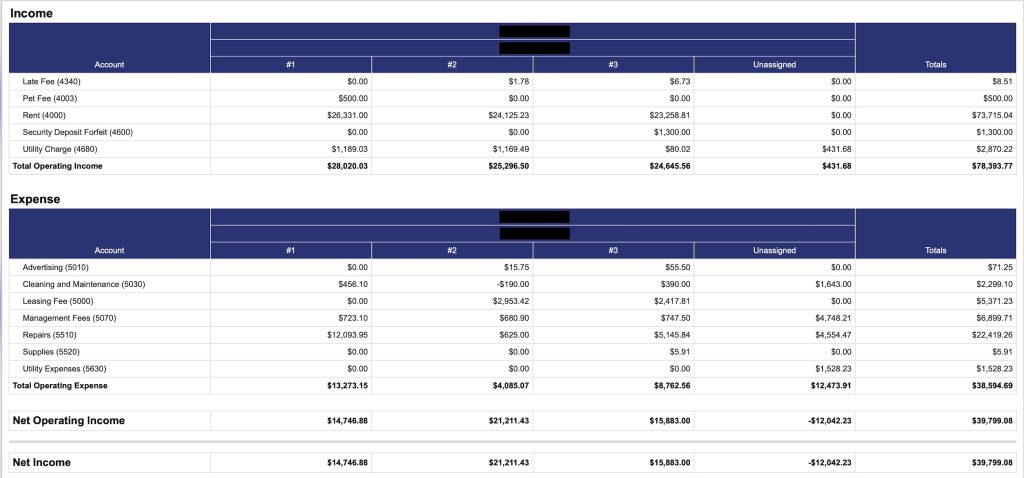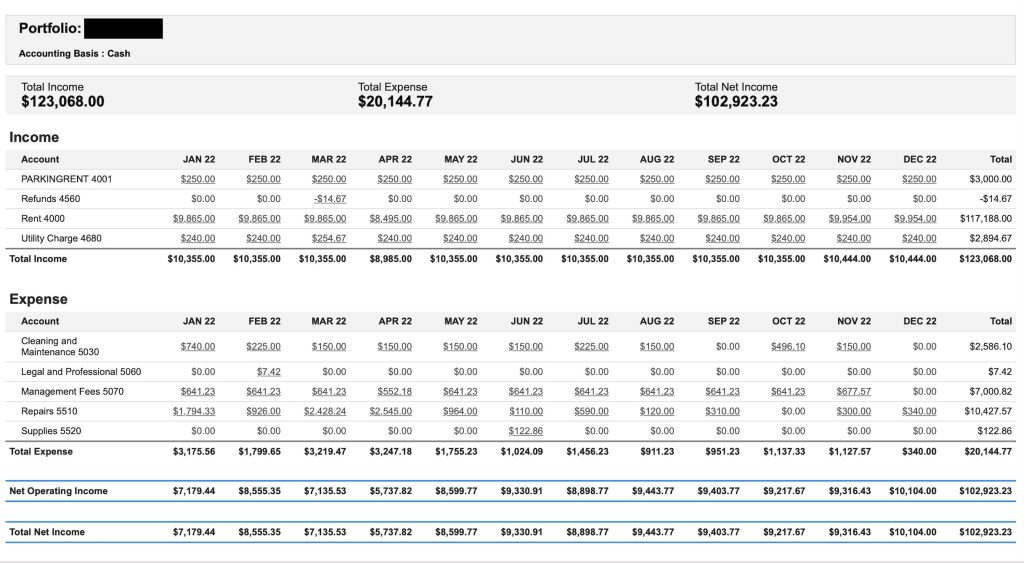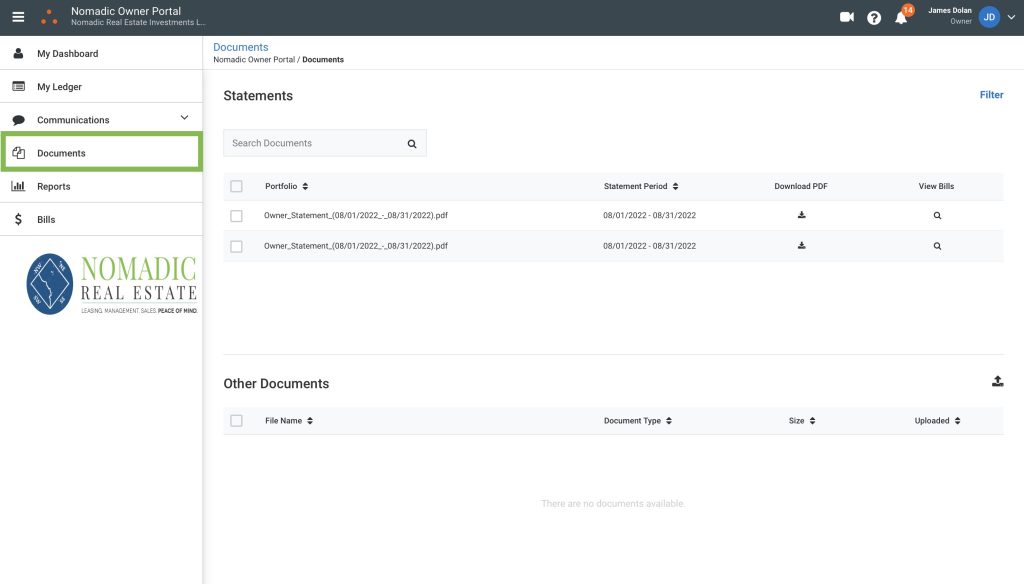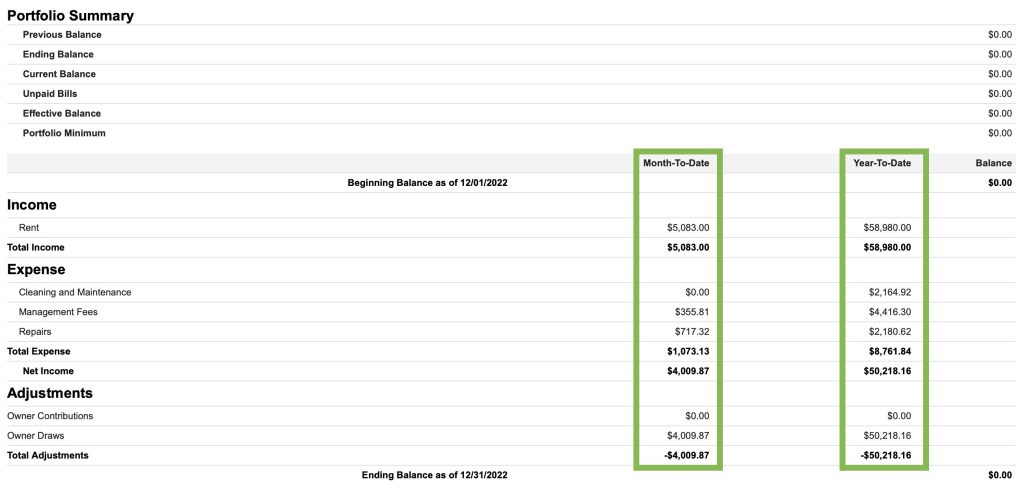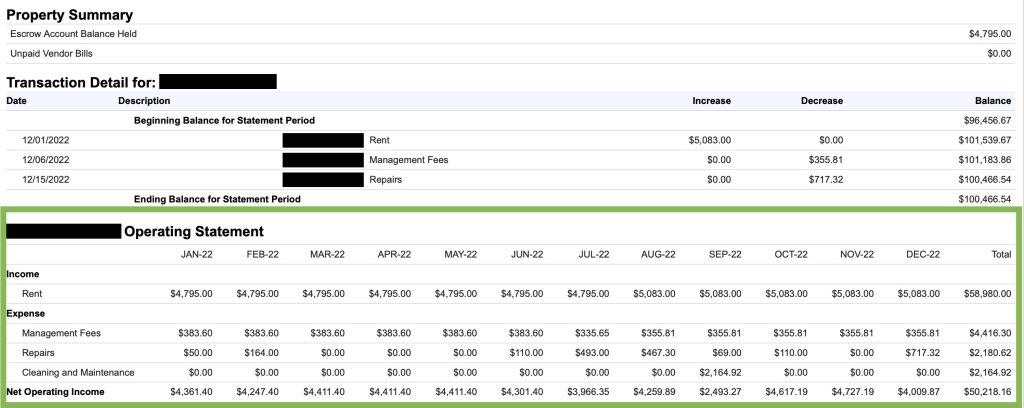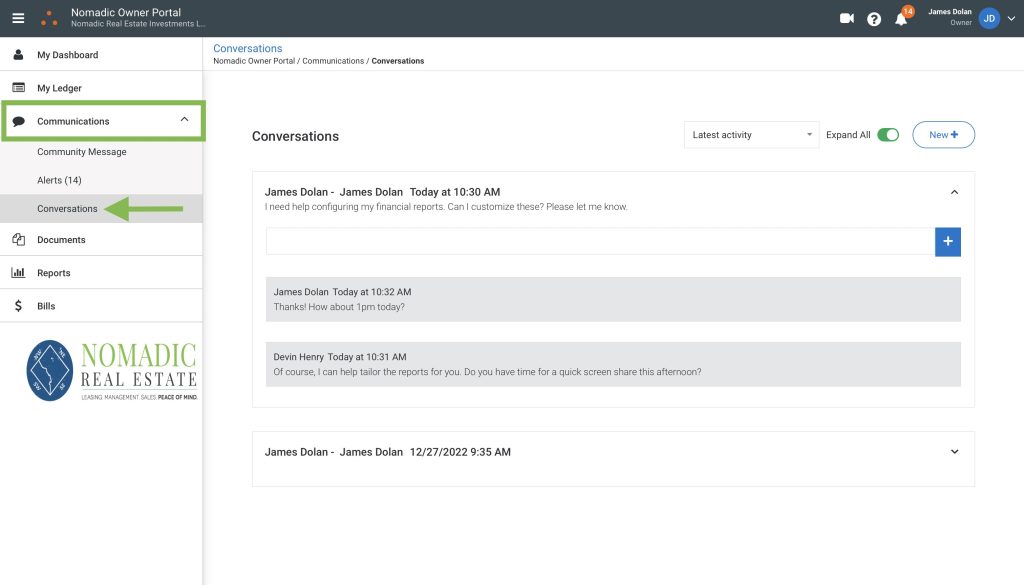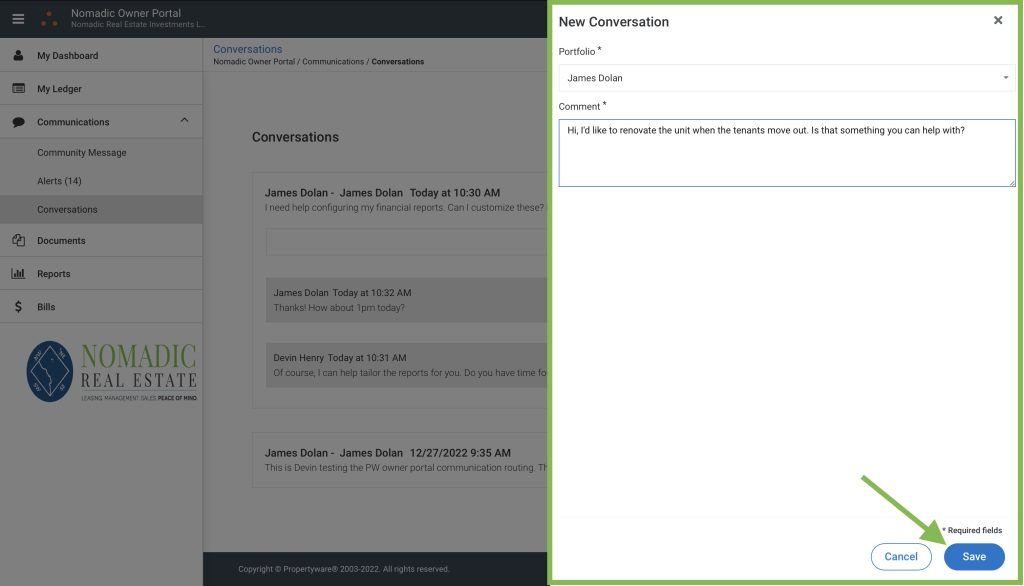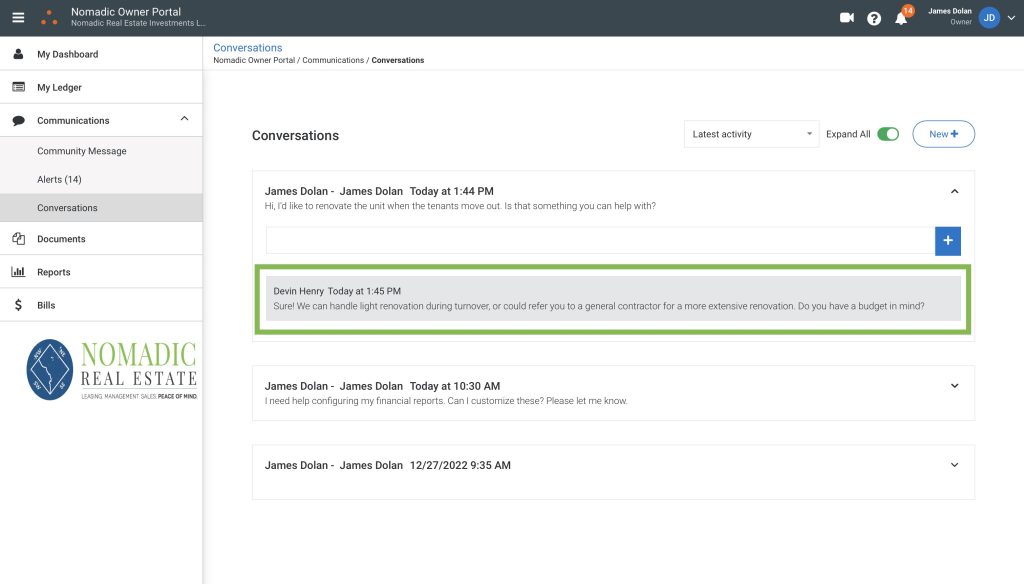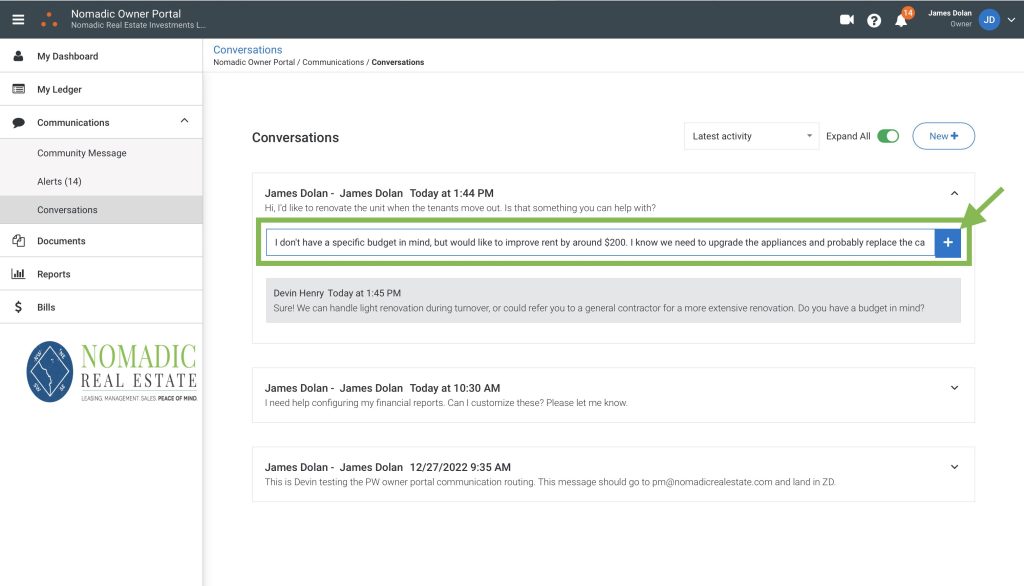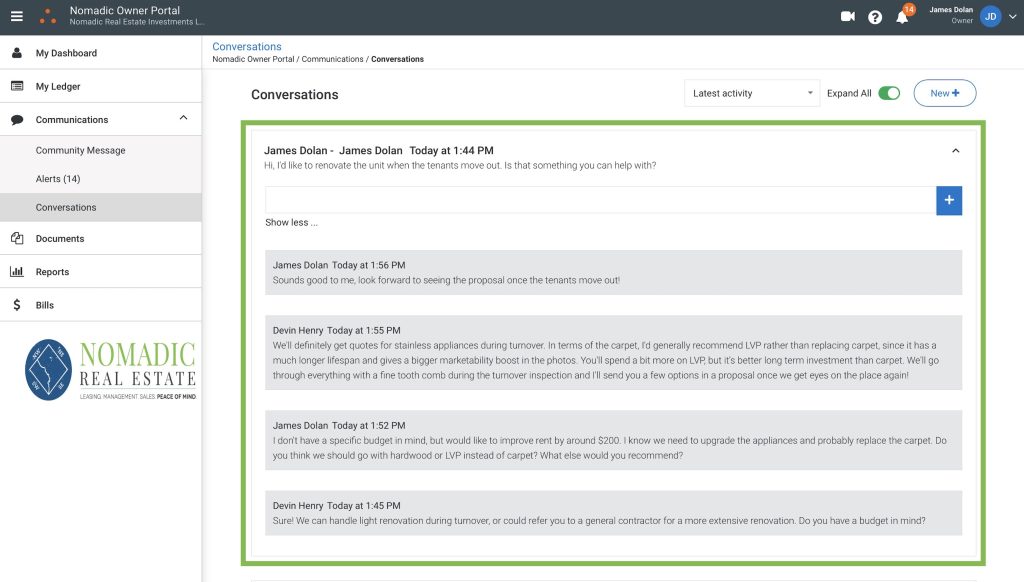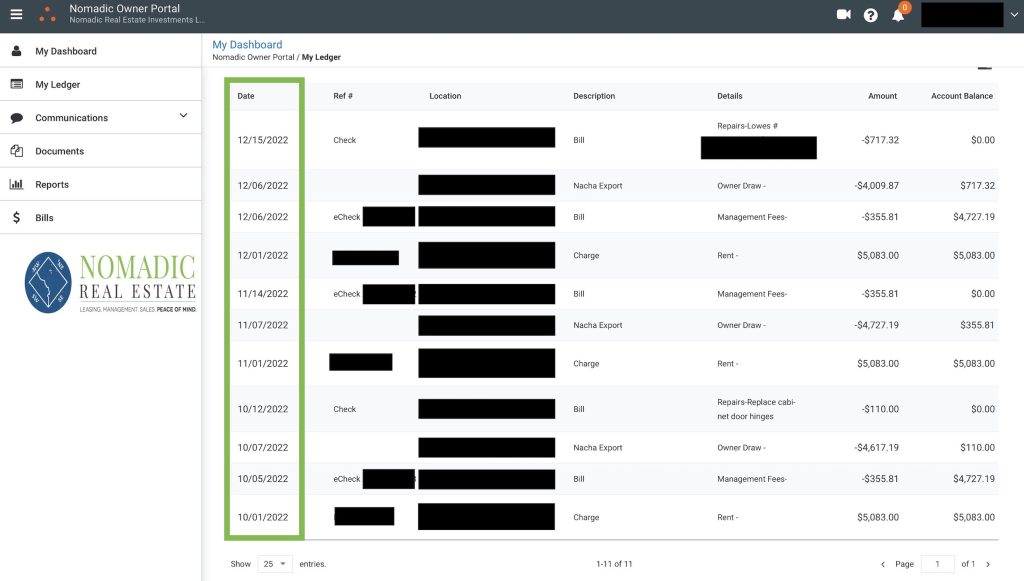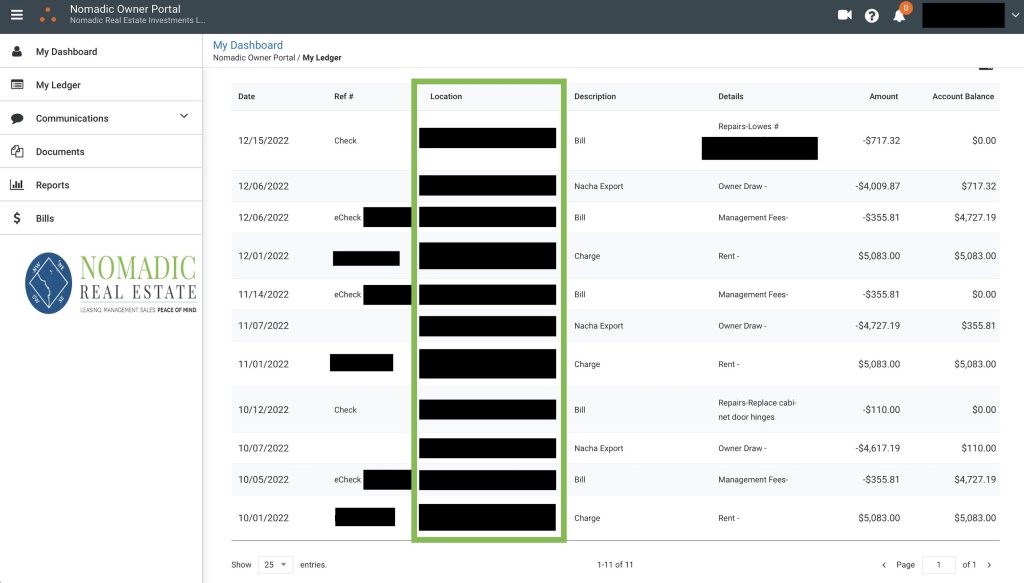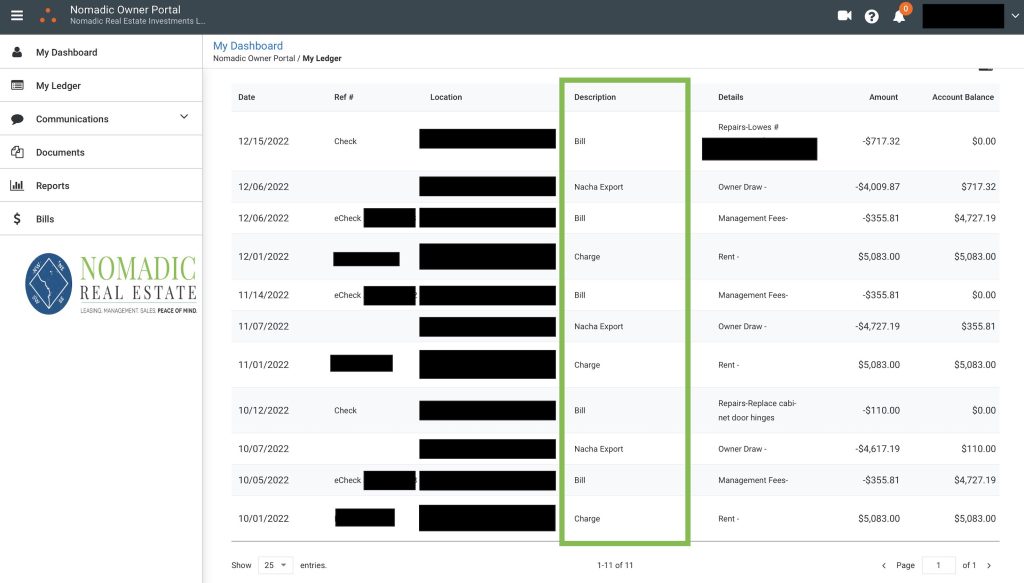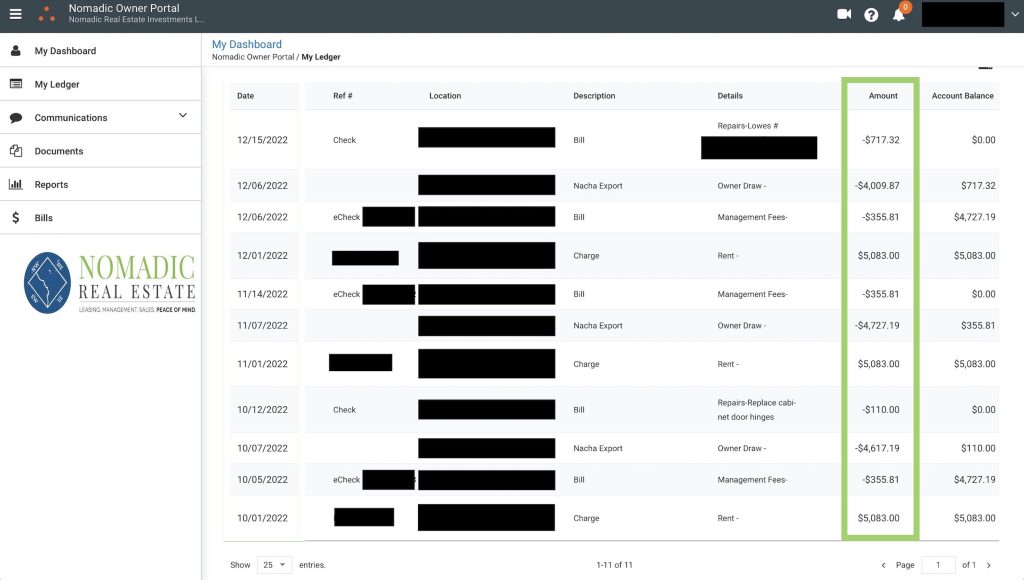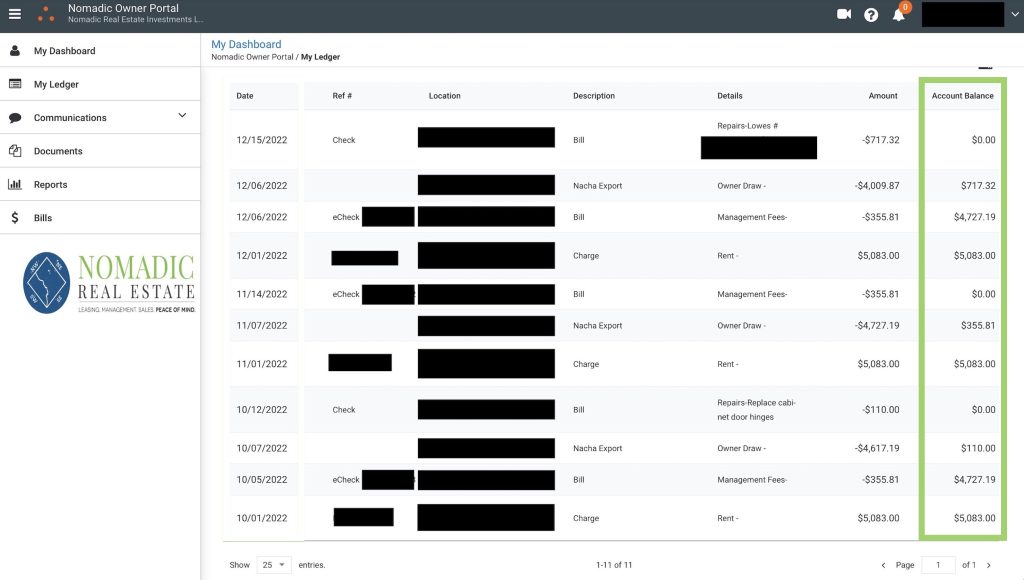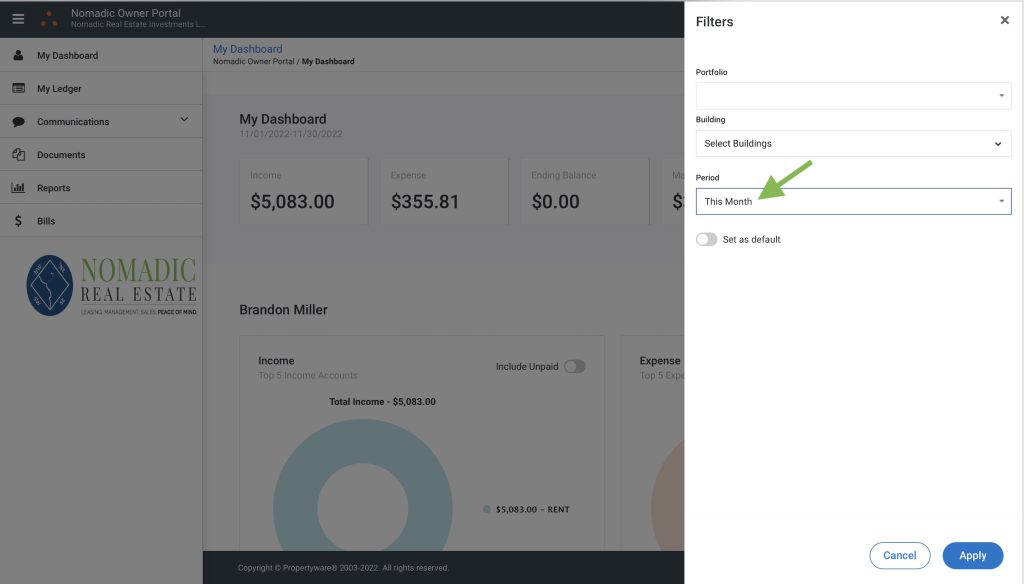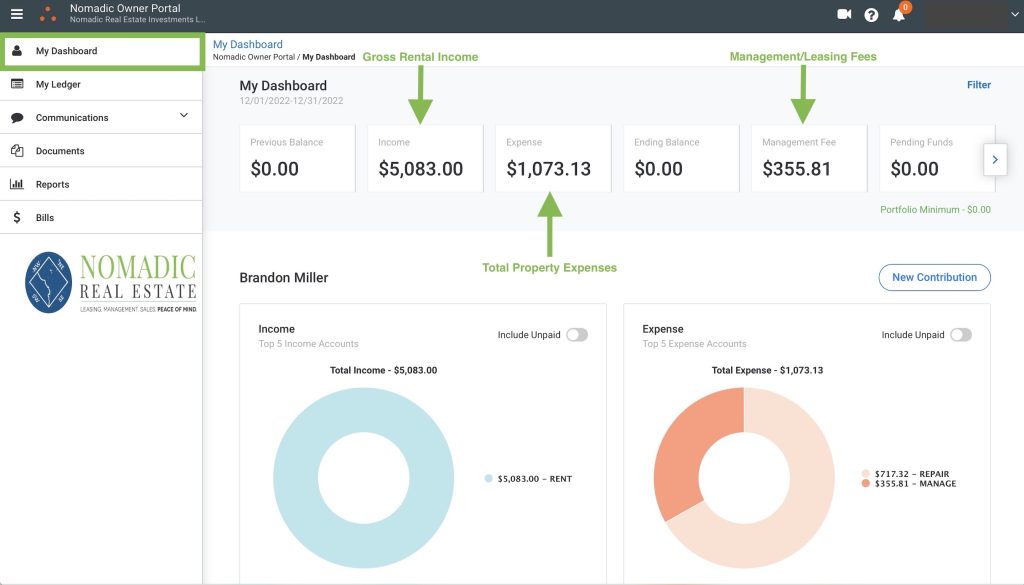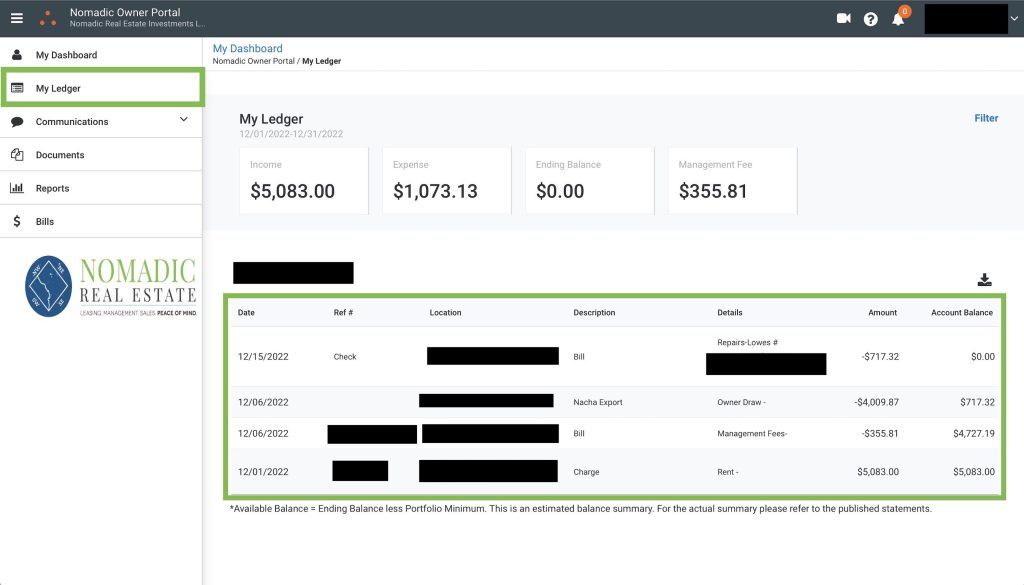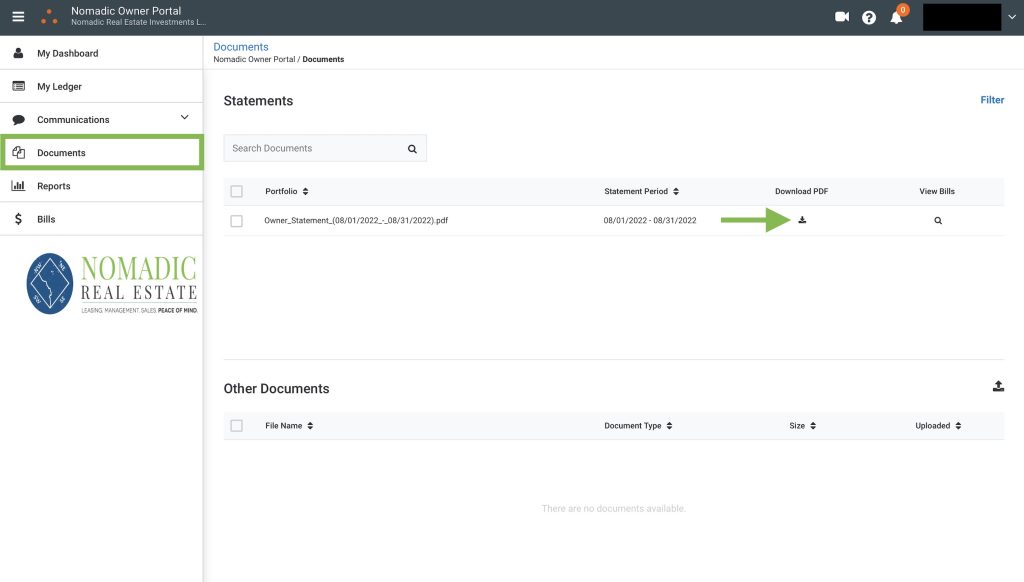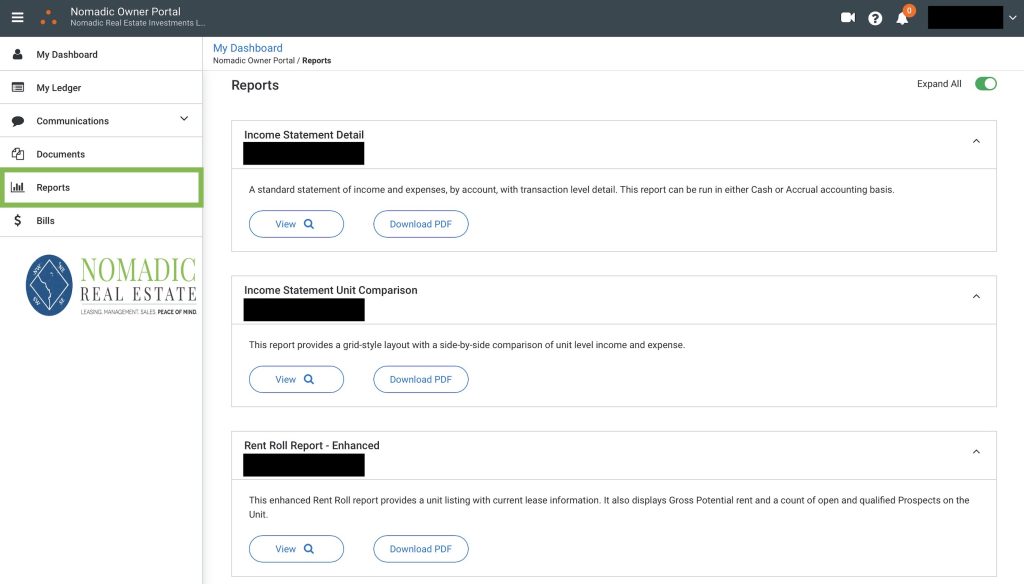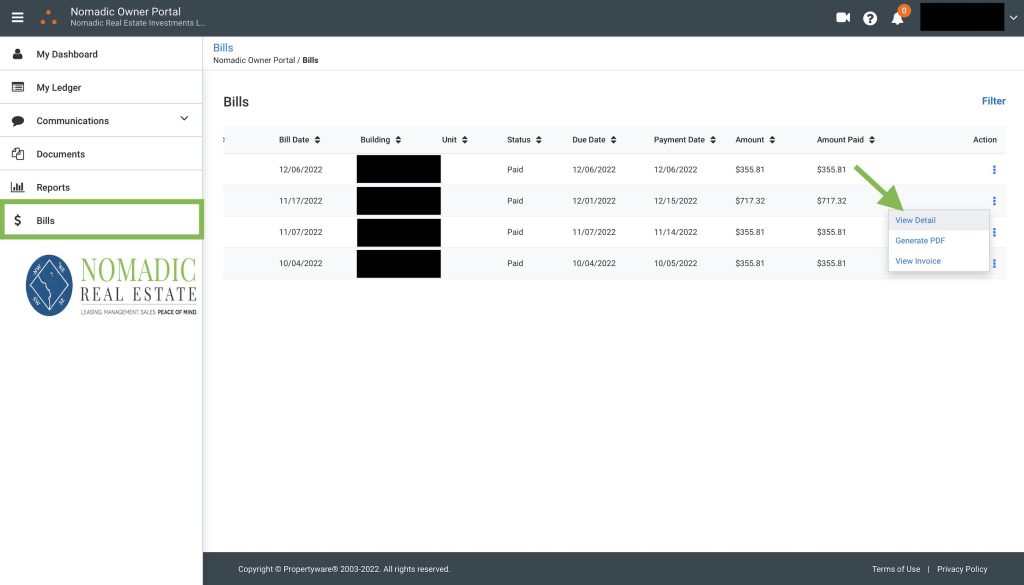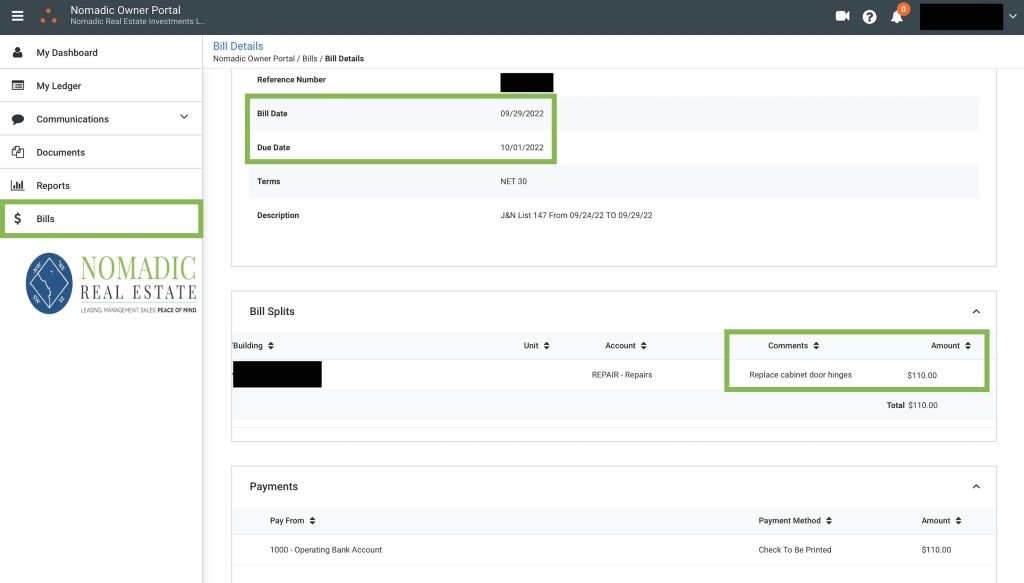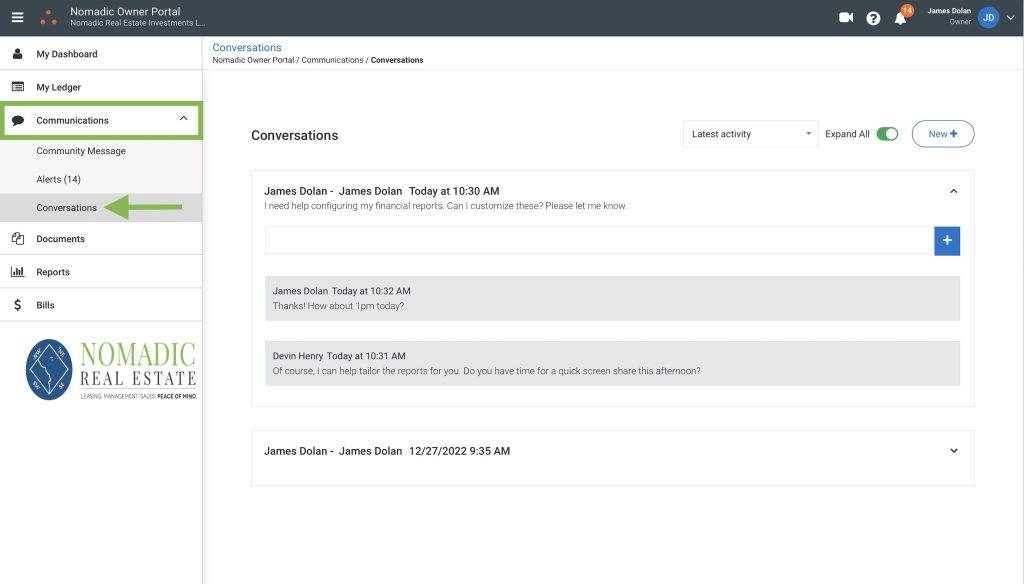Real estate is a business of people and relationships. Yet, so many in the field let golden opportunities slip through their fingers. Why? Because they underestimate the power of networking for real estate agents.
In an industry where who you know can be just as important as what you know, mastering the art of networking for real estate agents isn’t just advisable; it’s essential.
The landscape is bustling with potential – from social media platforms teeming with prospects to local community events brimming with fellow professionals eager to collaborate. For those just breaking into the field or aiming to broaden their current circle, grasping the nuances of maneuvering through this terrain can distinguish you from your peers. This blog will cover practical strategies to boost your networking reach.
Networking For Real Estate Agents: Why Is It So Important?
Networking is fundamental to the success of any real estate business. Many developers and realtors don’t take advantage of the incredible networking opportunities available to them.
Why is it important to start with that idea? Because there are so many ways to network in real estate that it can be difficult to know where to begin. Focusing on the end goal of creating new lead sources can help you figure out what networking-to-close-more-deals actually looks like for you and your business.
The role of networking in real estate
As a real estate agent, developing and maintaining a robust network can directly impact your success. The people you know unlock potential for fresh ventures, provide wisdom on shifting market dynamics and rules, and bolster your standing with praise and recommendations.
Networking in real estate is about cultivating relationships built on trust and mutual benefit. Though it requires time, consistency, and genuine interest in others, the benefits are immense.
How networking impacts your real estate business
Your network can be a game-changer for your real estate business. It’s not merely about gaining new clients, but also about staying informed, finding mentors, and creating a support system.
By using effective networking strategies, you can establish a strong network that fuels your success as a real estate agent, opening doors to infinite opportunities.
Effective Strategies for Real Estate Networking
Let’s dive into strategies for both online and IRL networking, expert tips for networking successfully, secrets specifically for introverts, and where to find new potential real estate clients.
Leveraging social media for networking
Utilizing different social media platforms is important for creating a strong online presence as a real estate agent. Navigating through social media, you can interact with prospective customers, disseminate insightful information, and display your proficiency within the real estate sector.
The more you engage on your local market’s community hubs on social media, the more visible you’ll be. The more helpful and service-oriented you are, the more leads and followers you’ll attract.
Attending local community events
Attending local community events is an effective strategy for real estate networking. These events provide opportunities to meet potential clients, connect with other professionals in the industry, and establish yourself as a knowledgeable and engaged member of the community.
Keep in mind, these community events don’t necessarily have to be real estate related. They can be gatherings for local events or celebrations in the community, like 4th of July activities or wine tasting events.
Building and Maintaining Relationships in Real Estate
In the real estate game, relationships are everything. They’re the lifeblood of your business, the key to unlocking a steady stream of clients and referrals.
But here’s the thing: relationships don’t just happen. They require effort, consistency, and a genuine desire to connect with others.
The importance of follow-ups
You’ve met a potential client at a networking event, had a great conversation, and exchanged business cards. Now what? This is where the power of the follow-up comes into play.
Following up with the connections you make through networking is crucial for building and maintaining relationships in the real estate industry.
After meeting someone new, send a personalized email or handwritten note thanking them for their time and referencing something specific from your conversation. Continue to stay in touch by sharing relevant content, offering assistance, and setting up future meetings or collaborations. Bear in mind, the essence lies not solely in sparking that initial bond but rather in meticulously cultivating it as time progresses.
Turning referrals into clients
According to the National Association of Realtors, 40% of buyers and 38% of sellers found their agent through a referral from a friend, neighbor, or relative. For property transactions, harnessing the potential of referrals significantly drives fresh clientele engagements. When you receive a referral from a colleague or past client, be sure to thank them and keep them updated on your progress with the referred individual.
Go above and beyond for the client you were referred to; doing so not only paves the way for more referrals but also solidifies your bond with the person who recommended you. Remember, every referral is an opportunity to showcase your expertise and build trust with a new client.
Building connections with non-agents
While networking with other real estate professionals is essential, don’t overlook the importance of building connections with non-agents. Building connections with non-agents, such as lenders, contractors, and other service providers, can be beneficial for your real estate business. These professionals can provide valuable insights, referrals, and support to help you better serve your clients.
Seek out opportunities to collaborate, share resources, and cross-promote each other’s services to create mutually beneficial relationships. Venturing into realms outside of real estate, you unlock a treasure trove of fresh chances and deep wisdom to elevate your enterprise.
Networking Is Foundational For Your Career Growth
Every handshake, every exchanged business card, and every casual chat over coffee has potential. The realm of networking for real estate agents is vast but not unfathomable. Transforming brief encounters into partnerships and converting recommendations into clientele involves those minor, yet significant, actions.
This journey might have started today by flipping traditional notions on their head or embracing technology like never before – but remember this; building relationships takes time and genuine effort. As we’ve seen through engaging strategies and embracing our online presence while keeping things human at heart, there’s no one-size-fits-all answer here – except perhaps staying curious and open-minded.
So keep showing up—whether it’s at local gatherings or virtual meetups—and always bring your authentic self because that’s what people connect with most deeply. For more information or to work with/network with seasoned real estate professionals, visit Nomadic Real Estate today.










